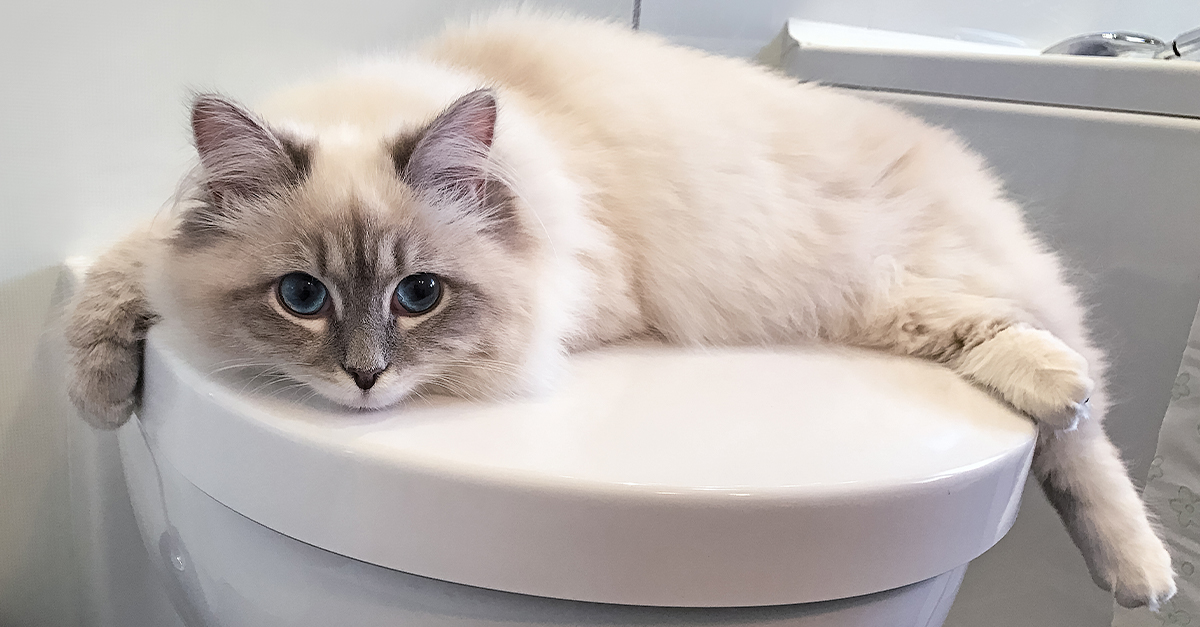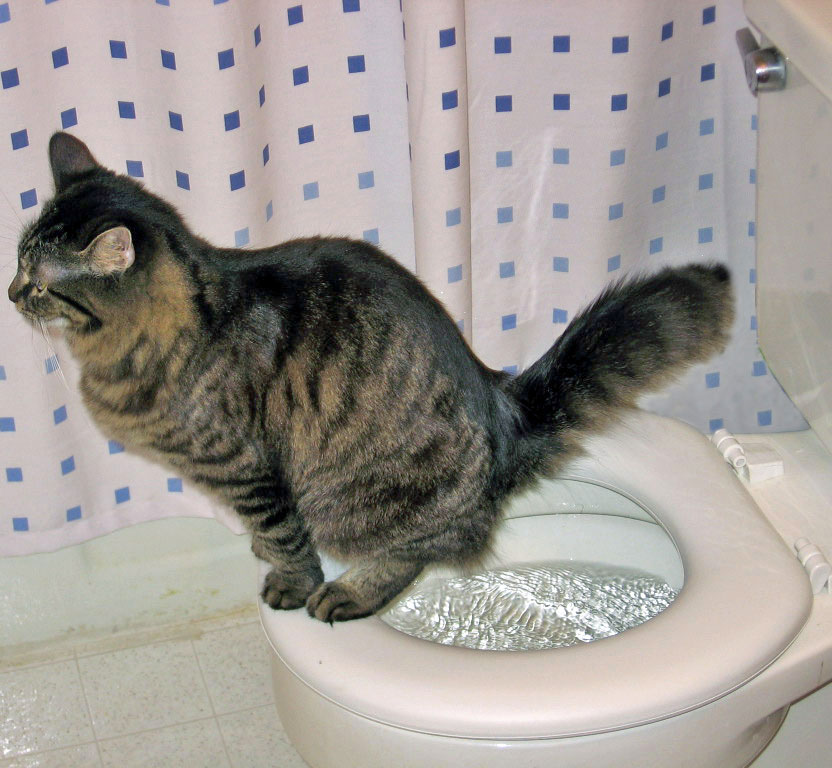Potential Risks of Flushing Cat Poop Down Your Toilet - Tips for Better Handling
Potential Risks of Flushing Cat Poop Down Your Toilet - Tips for Better Handling
Blog Article
The publisher is making several great points relating to How to Dispose of Cat Poop and Litter Without Plastic Bags as a whole in the content followed below.

Introduction
As feline proprietors, it's vital to bear in mind how we dispose of our feline friends' waste. While it may appear hassle-free to purge feline poop down the toilet, this method can have destructive effects for both the environment and human wellness.
Ecological Impact
Purging pet cat poop presents damaging microorganisms and parasites right into the water system, presenting a significant threat to marine environments. These pollutants can negatively affect aquatic life and compromise water high quality.
Health Risks
In addition to ecological worries, flushing cat waste can likewise position health dangers to human beings. Feline feces might contain Toxoplasma gondii, a bloodsucker that can cause toxoplasmosis-- a potentially extreme health problem, specifically for expecting females and people with weakened immune systems.
Alternatives to Flushing
Thankfully, there are much safer and a lot more responsible ways to dispose of pet cat poop. Take into consideration the adhering to alternatives:
1. Scoop and Dispose in Trash
One of the most usual method of getting rid of pet cat poop is to scoop it right into an eco-friendly bag and toss it in the trash. Be sure to make use of a dedicated clutter scoop and deal with the waste quickly.
2. Use Biodegradable Litter
Go with eco-friendly feline trash made from products such as corn or wheat. These clutters are environmentally friendly and can be safely gotten rid of in the trash.
3. Bury in the Yard
If you have a lawn, think about hiding feline waste in a marked location away from vegetable gardens and water sources. Make sure to dig deep enough to avoid contamination of groundwater.
4. Set Up a Pet Waste Disposal System
Purchase a pet waste disposal system particularly developed for pet cat waste. These systems make use of enzymes to break down the waste, lowering smell and ecological influence.
Final thought
Liable animal ownership expands past supplying food and sanctuary-- it additionally involves correct waste monitoring. By avoiding flushing pet cat poop down the toilet and opting for alternate disposal approaches, we can minimize our environmental impact and secure human health and wellness.
Why You Should Never Flush Cat Poop Down the Toilet
A rose by any other name might smell as sweet, but not all poop is created equal. Toilets, and our sewage systems, are designed for human excrement, not animal waste. It might seem like it couldn’t hurt to toss cat feces into the loo, but it’s not a good idea to flush cat poop in the toilet.
First and foremost, assuming your cat uses a litter box, any waste is going to have litter on it. And even the smallest amount of litter can wreak havoc on plumbing.
Over time, small amounts build up, filling up your septic system. Most litter sold today is clumping; it is made from a type of clay that hardens when it gets wet. Ever tried to scrape old clumps from the bottom of a litter box? You know just how cement-hard it can get!
Now imagine just a small clump of that stuck in your pipes. A simple de-clogger like Drano isn’t going to cut it. And that means it’s going to cost you big time to fix it.
Parasitic Contamination
Believe it or not, your healthy kitty may be harboring a nasty parasite. Only cats excrete Toxoplasma in their feces. Yet it rarely causes serious health issues in the cats that are infected. Most people will be fine too if infected. Only pregnant women and people with compromised immune systems are at risk. (If you’ve ever heard how women who are expecting are excused from litter cleaning duty, Toxoplasma is why.)
But other animals may have a problem if infected with the parasite. And human water treatment systems aren’t designed to handle it. As a result, the systems don’t remove the parasite before discharging wastewater into local waterways. Fish, shellfish, and other marine life — otters in particular — are susceptible to toxoplasma. If exposed, most will end up with brain damage and many will die.
Depending on the species of fish, they may end up on someone’s fish hook and, ultimately on someone’s dinner plate. If that someone has a chronic illness, they’re at risk.
Skip the Toilet Training
We know there are folks out there who like to toilet train their cats. And we give them props, it takes a lot of work. But thanks to the toxoplasma, it’s not a good idea.

I'm certainly very eager about How to Dispose of Cat Poop and Litter Without Plastic Bags and I hope you appreciated the new blog entry. Sharing is good. You won't know, you may very well be helping someone out. I appreciate reading our article about Can You Flush Cat Poo or Litter Down the Toilet?.
Book Services Report this page